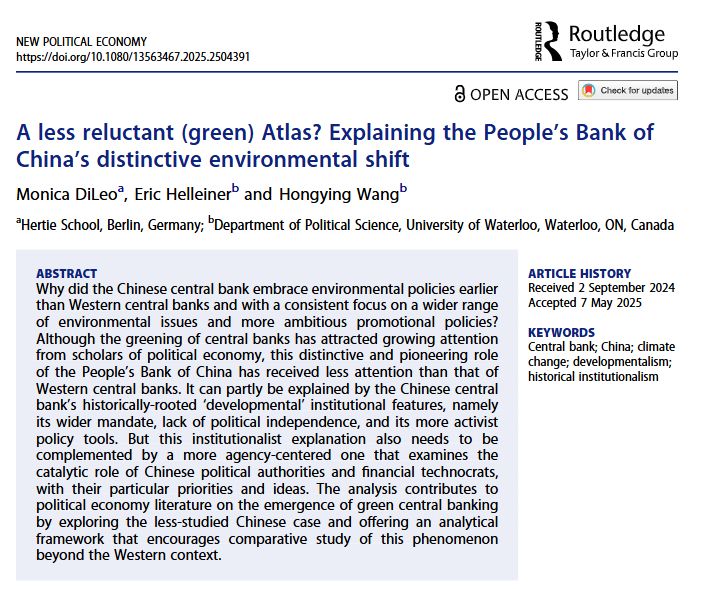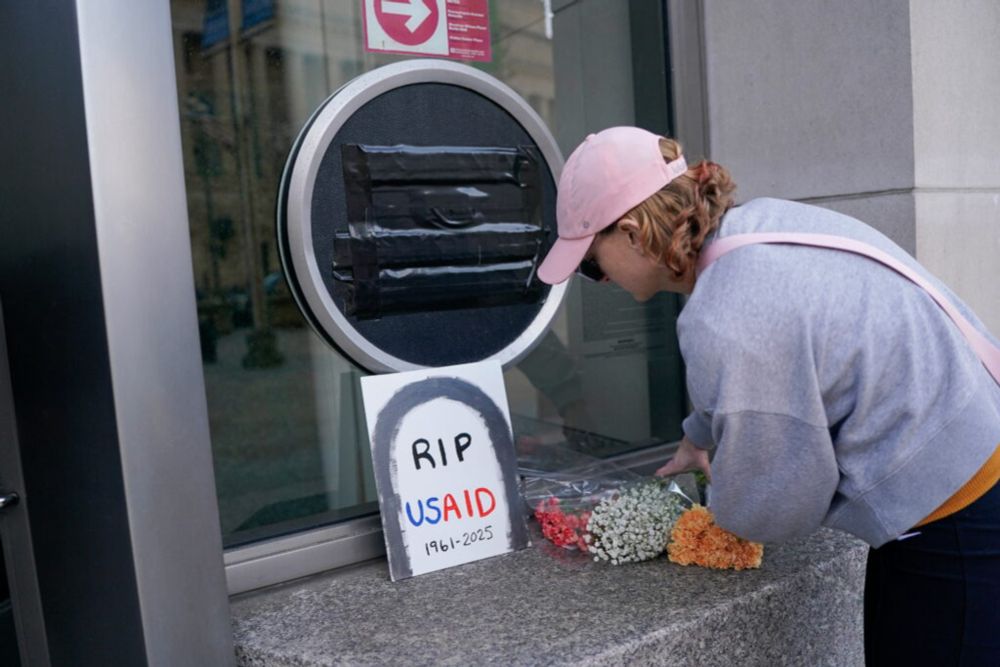
Professor @POLSIS University of Queensland. Political economist. Asia & Pacific security & development; the 'Second Cold War'; good hummus; bad puns. Unusual disclaimers apply. https://about.uq.edu.au/experts/13942
@DrLeeJones
and me in Development and Change: 'International Development Financing in the Second Cold War: The Miserly Convergence of Western Donors and China'. onlinelibrary.wiley.com/doi/epdf/10.... 1/
Reposted by Ian Hall, Shahar Hameiri

🌏 Special section on how the rise of Asia reshapes international financial affairs
🗣️ Articles on ghosting diplomacy, ASEAN and human rights, India's China strategy and more
🤝 Policy paper on China and 'America First'
📚 25 book reviews
Read the issue > academic.oup.com/ia/issue/101/5
@iliasalami.bsky.social. In Sri Lanka's case, once access to bond markets was lost, the govt defaulted on its external debt, including to Chinese lenders. 7/7

Reposted by Manuela Moschella, Shahar Hameiri

"A less reluctant (green) Atlas? Explaining the People’s Bank of China’s distinctive environmental shift"
1/ A brief thread 🧵
doi.org/10.1080/1356...
Reposted by Shahar Hameiri
@mkonings.bsky.social @shaharhameiri.bsky.social @tomchodor.bsky.social
www.ppesydney.net/trump-versus...

americanaffairsjournal.org/2025/05/trum...



@ripejournal.bsky.social, 'Explaining China's approach to the global governance of sovereign debt distress: a state transformation approach'. tandfonline.com/doi/full/10.... 1/
Reposted by Shahar Hameiri
Assistant Professor in Development Studies (Fixed Term)
www.jobs.cam.ac.uk/job/50918/
Reposted by Shahar Hameiri

By @shaharhameiri.bsky.social & Lee Jones
"This article supports the convergence thesis but argues ... this convergence is on a less generous middle ground ... both sides are retrenching."

